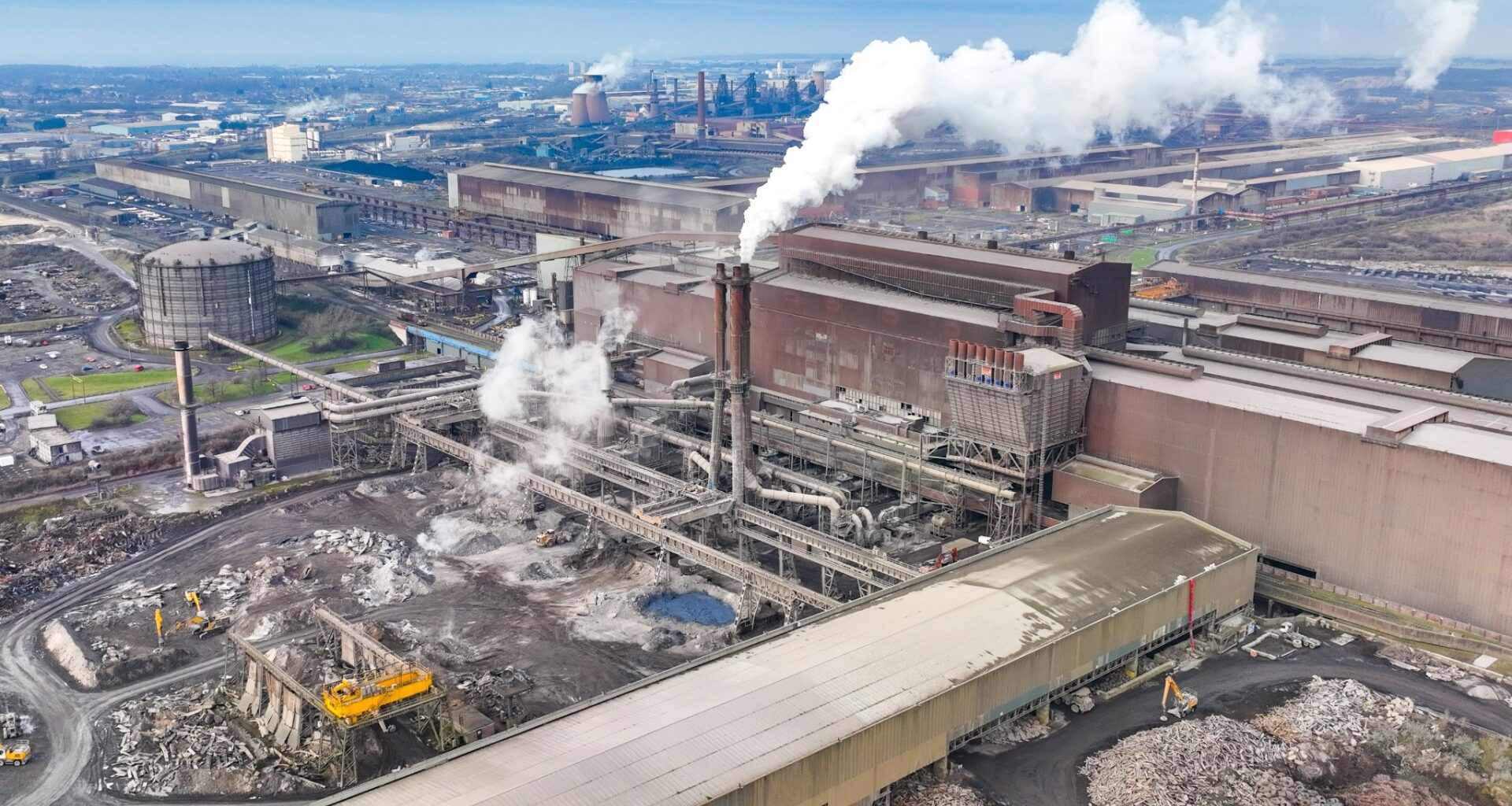Britain’s steelmakers have warned they face “perhaps the biggest crisis” in their history after the European Commission proposed doubling tariffs on steel imports to 50% — a move that could severely restrict access to their most important export market.
The EU is the destination for nearly £3bn of UK steel exports each year, representing 78% of all overseas sales. Industry leaders fear the proposed measures, which would also slash tariff-free quotas for imports by 47% to 18.3 million tonnes annually, could devastate UK producers already struggling with high energy costs and fragile finances.
“This poses an existential threat to our industry,” said the Community Union, which represents steelworkers. Gareth Stace, director-general of UK Steel, urged ministers to act quickly: “The government must go all out to leverage our trading relationship with the European Union to secure UK country quotas or potentially face disaster.”
The Commission insists the new safeguards are needed to protect European producers from a glut of cheap imports from China, Turkey and elsewhere. Industry chief Stéphane Séjourné pointed to the loss of 18,000 steel jobs in 2024, saying: “We have global overcapacity, unfair competition, state aid, and undercutting in prices — and we are reacting to that.”
Under the plan, any steel imported above the reduced quota would be subject to a 50% tariff, bringing EU levels in line with the United States, where President Donald Trump raised duties sharply earlier this year. The proposals, still requiring approval from EU governments and the European Parliament, are due to take effect early next year.
Prime Minister Sir Keir Starmer said the government was in talks with Brussels and pledged “strong support” for the sector. “We are in discussions as you’d expect,” he said, though he declined to confirm whether the UK was seeking exemptions.
Industry Minister Chris McDonald said London was pressing the EU for “urgent clarification” of the plan’s impact. “It’s vital we protect trade flows between the UK and EU,” he said, stressing the government’s commitment to securing new export opportunities for British producers.
The warning comes at a perilous time for the UK steel industry. The government has already stepped in to take control of plants in Scunthorpe, Rotherham and Stocksbridge after financial collapses this year, while negotiations to remove U.S. tariffs on British steel remain stalled.
The EU’s tariff hike is part of a wider global shift towards steel protectionism, with Canada, Mexico and Brazil also tightening trade measures in recent months to guard against displaced shipments.
Norway and Iceland, as members of the European Economic Area, will be exempt, while Ukraine will also be spared due to its wartime situation. The UK and Switzerland, however, will be affected unless fresh arrangements can be struck.
The European steelmakers’ lobby Eurofer welcomed the Commission’s move as “a major leap forward to defend the sector,” but UK unions warned it could instead redirect “millions of tonnes of steel towards Britain,” with catastrophic consequences for the country’s remaining plants.
For more articles like this, visit our Leadership channel
